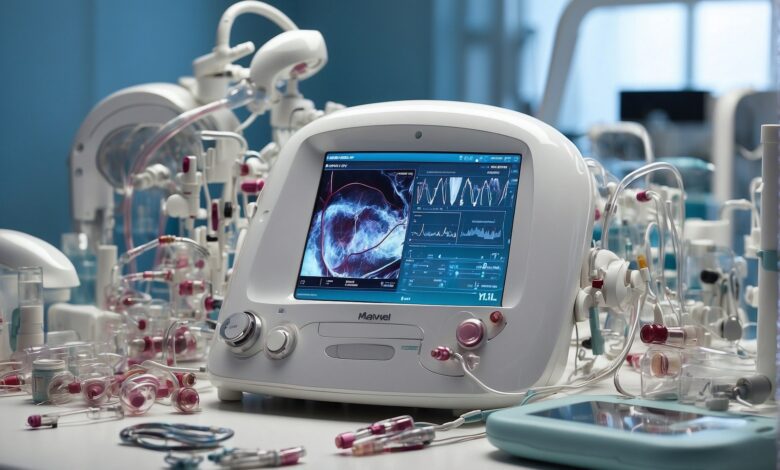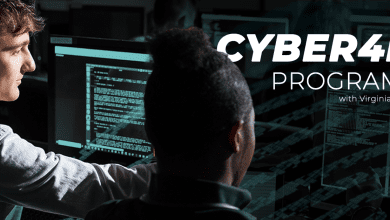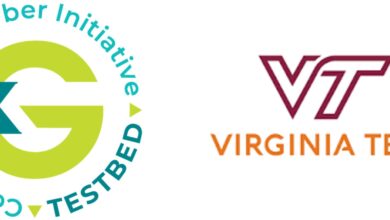
SUMMER 2024 REUs AVAILABLE
This summer CVN is supporting a limited number of Research Experiences for Undergraduates
(REUs). Aligned with CCI’s mission and CVN’s research focus areas of smart cities and smart
health, this opportunity will support three projects, described in detail in the following section.
Program Overview
When applying, you’ll be asked which project you’re applying for. Here are the projects CVN is
supporting this year:
Soil Moisture Sensing with Wireless Signals with Eyuphan Bulut, Ph.D.
Existing soil moisture sensing solutions are either expensive or the cheaper ones are not reliable.
In this project, the goal is to leverage the propagation characteristics of wireless/WiFi signals
under soil that change depending on the amount of water/moisture in the soil and develop a low-
cost soil moisture sensing solution using channel state information (CSI) of WiFi signals and
machine learning models. Our REU student will be expected to deploy the WiFi sensing system
together with a commercial soil moisture sensor under the guidance of Dr. Bulut and graduate
students and collect data over a few weeks. Then, the collected WiFi signal data-based moisture
prediction results should be compared with the ground truth data from the commercial soil sensor
and performance analysis needs to be made.
Intentional Electromagnetic Interference in Brain Stimulation Devices with Ravi Hadimani,
Ph.D.
Medical devices connected to the network or accessible wirelessly have been increasing in
number rapidly. Brain stimulation devices are a critical part of biomedical devices as the attacks
on these devices can be unnoticed by the patients and could be fatal. Dr. Hadimani was
funded by CCI for the development of safety limits from external attacks on neuromodulation
devices. The project team currently includes a female undergraduate student, Erin Sprouse
working in the lab. Dr Hadimani and Erin have obtained excellent results on the intentional
electromagnetic interference on brain stimulation devices not only on the human brain phantom
but also on the animal brain phantoms. The undergraduate student is keen to work in the summer
in an REU program related to the cyber security of neuromodulation device. Hadimani and his
team have also developed anatomically accurate rat phantoms for neuromodulation safety testing
in animal. These phantoms are tested in a laboratory setting using oscilloscopes and rigid
electrodes (Fig. 1). The process of preparing conductive polymers, cerebrospinal fluid, and
printing shells using 3D printers is not standardized for reproducibility and measurement
repeatability. The student will now test brain phantoms using multiple neuromodulation
techniques such as DBS, TMS, and simultaneous TMS and DBS. She will compare the field
strength measurements with the patients n#39; data obtained from Dr. Holloway in humans and
Dr. Baron in rats.
Classical and Quantum approaches to optimization: Application to cyber security and
autonomous system with Jayasimha Atulasimha, Ph.D.
Computational complexity poses a significant hurdle in solving large-scale optimization
problems, demanding substantial computational resources. In the domain of optimization,
quantum computing presents the potential to manage complex problems more efficiently than
classical computers. Specialized quantum and/or quantum-classical algorithms like Quantum
Annealing and the Quantum Approximate Optimization Algorithm (QAOA) have been used for
optimization tasks and their application will be explored towards security and autonomous
systems.
Who Can Apply?
- Applicants must be US citizens or permanent residents.
- Applicants must have a GPA greater than 2.8.
- Applicants must be an undergraduate student at a CVN institution who will not have completed their
- degree before the end of this program.
Program Perks
This program offers a stipend and housing in Richmond, VA. There will also be a myriad of activites to
participate in.
Timeline
Applications are currently open.
The application deadline is midnight, May 5, 2024.
The program runs for 10 weeks beginning June 3, 2024.
How to Apply
Complete this Google Form
This form requests the names and email addresses of two references, your resume, CV, unofficial
transcript, and a one page list of your research experiences and interests.



